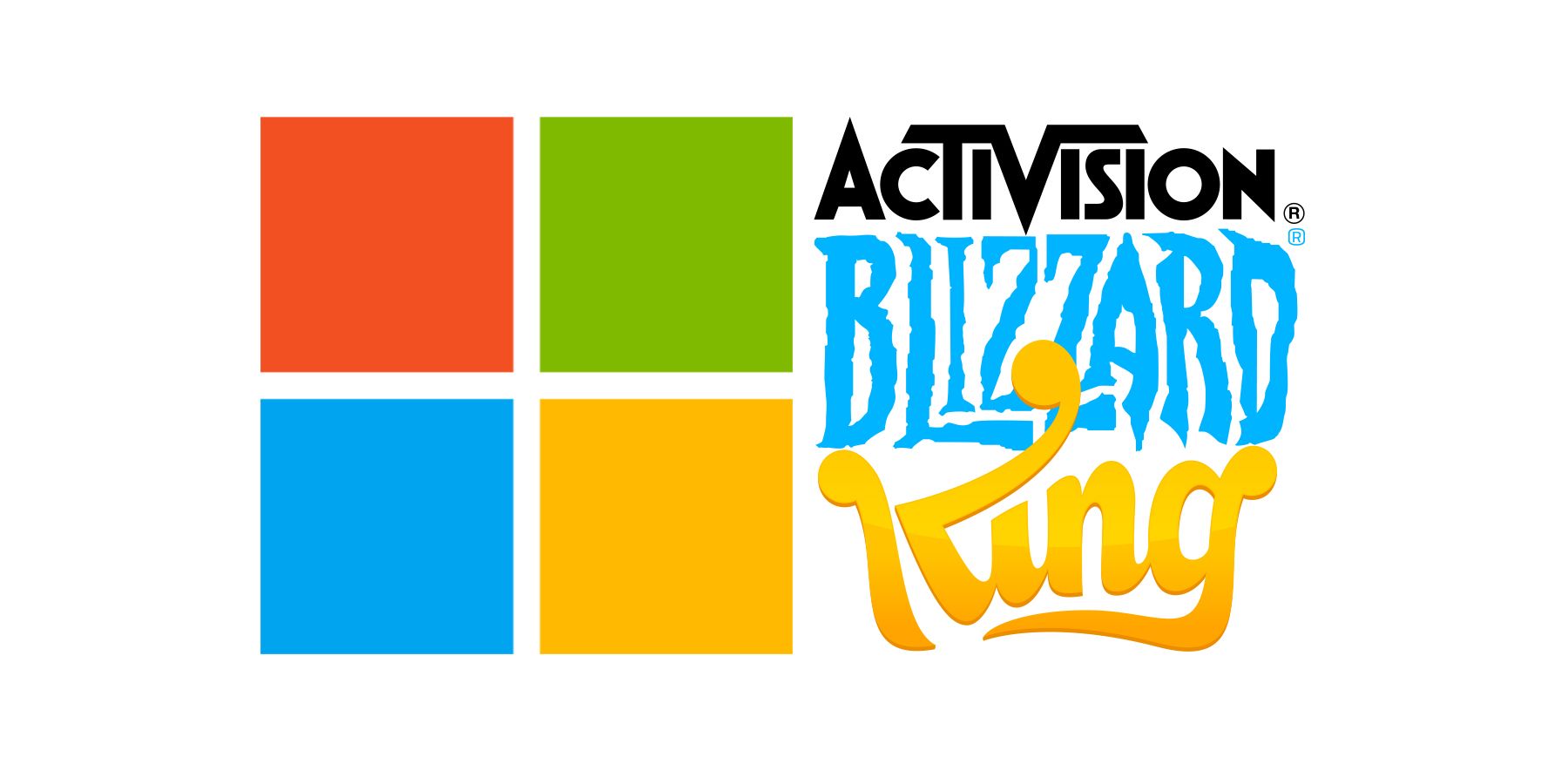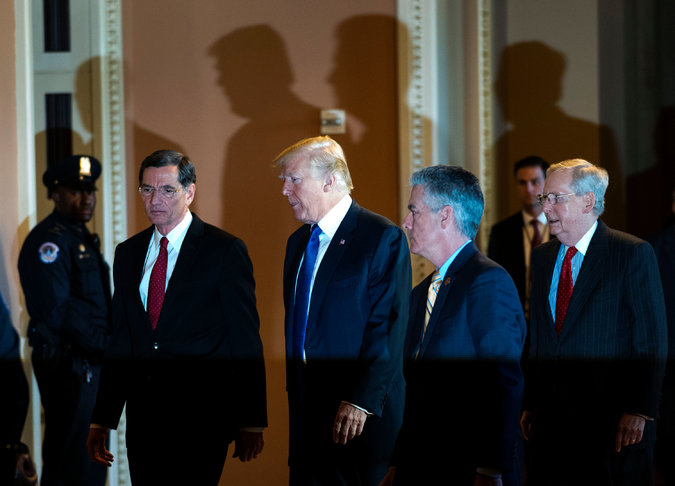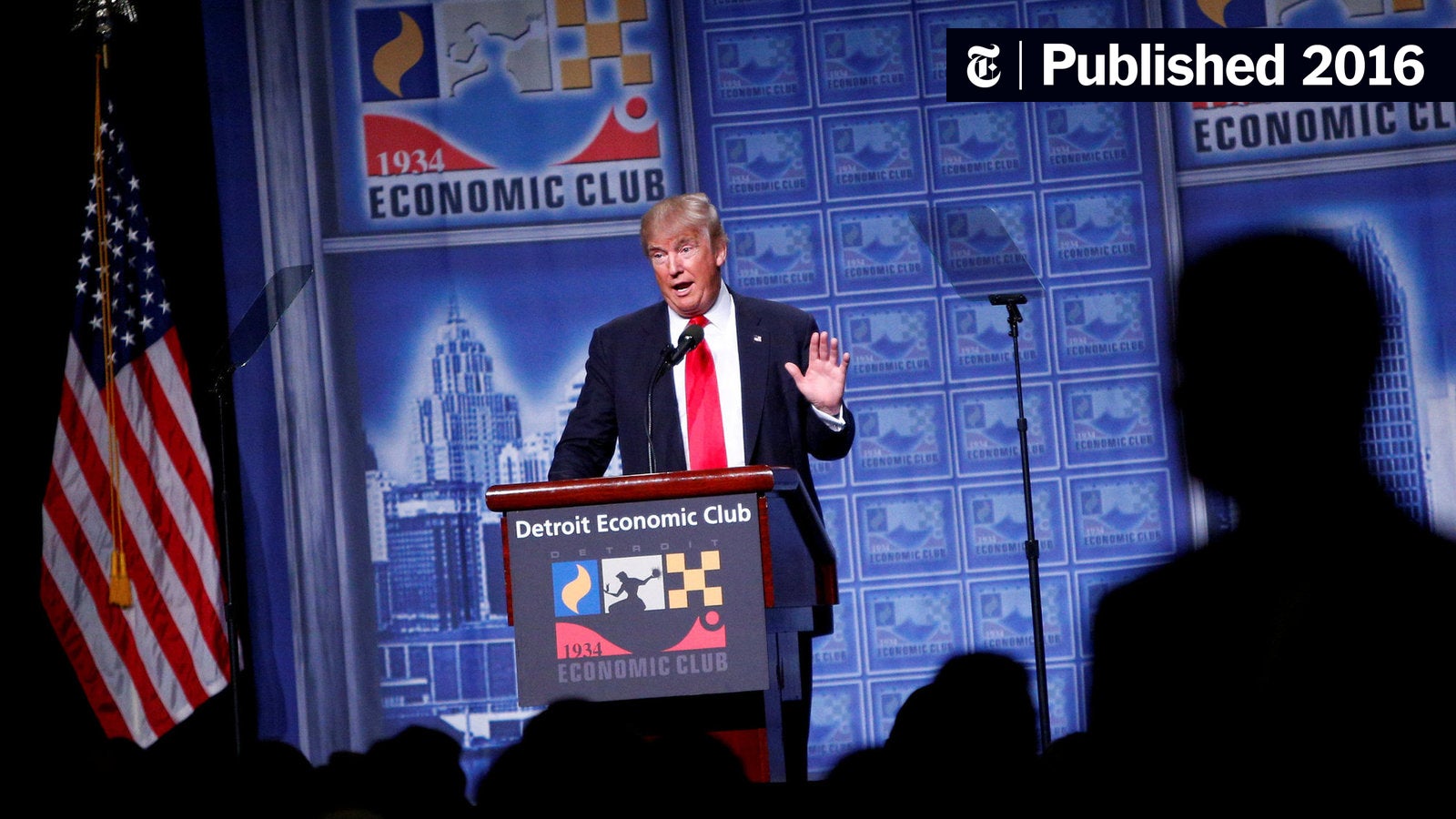Activision Blizzard Acquisition: FTC's Appeal Could Block Microsoft Deal

Table of Contents
The FTC's Antitrust Concerns and Their Appeal
The FTC's appeal against the Activision Blizzard acquisition centers on core antitrust concerns. The commission argues that the merger would grant Microsoft undue market power, leading to stifled competition and ultimately harming consumers. These concerns are not trivial; they involve the very fabric of fair competition within the multi-billion dollar gaming industry.
-
Monopoly Fears: The FTC worries that the acquisition would give Microsoft an unfair competitive advantage, potentially creating a monopoly in certain sectors of the gaming market. This dominance could allow Microsoft to dictate terms to developers, publishers, and ultimately, consumers.
-
Call of Duty and Exclusive Content: A major point of contention revolves around the Call of Duty franchise. The FTC fears that Microsoft could make Call of Duty exclusive to Xbox consoles and the Xbox Game Pass subscription service, effectively locking out players on PlayStation and other platforms. This would be a significant blow to competitors and potentially limit consumer choice.
-
Insufficient Concessions: The FTC argues that the concessions offered by Microsoft to mitigate antitrust concerns – like the 10-year agreement to keep Call of Duty on PlayStation – are insufficient to address the underlying issues of market dominance and potential anti-competitive behavior. The appeal directly challenges the judge's acceptance of these concessions as sufficient safeguards.
-
Legal Arguments: The FTC's appeal details a complex legal argument based on precedents and established antitrust law, aiming to demonstrate that the merger violates established regulations designed to protect competition and prevent the formation of monopolies within the gaming market. The specific legal arguments are complex and involve intricate interpretations of existing antitrust legislation.
Potential Impact on the Gaming Industry
The outcome of the FTC's appeal will have a profound impact on the gaming industry, potentially influencing competition, innovation, and the overall gaming experience for years to come.
-
Increased Competition (or Lack Thereof): A blocked acquisition could spur increased competition, encouraging Microsoft and other companies to innovate and offer more compelling gaming experiences to attract consumers. Conversely, a failure of the acquisition could negatively impact Activision Blizzard's independent performance and potentially lead to a slowdown in game development and innovation.
-
Game Pricing and Exclusive Content: The availability of exclusive content and its impact on game pricing remains uncertain. While increased competition could lead to lower prices, a lack thereof could result in inflated prices and limited choices for consumers.
-
Impact on Other Players: The acquisition's outcome will also influence other major players like Sony and Nintendo. Sony, in particular, has expressed strong concerns about the potential for Call of Duty exclusivity. A blocked acquisition could strengthen Sony's position, whereas a successful acquisition could significantly shift the market balance in Microsoft's favor.
-
Long-Term Consequences: The long-term consequences for developers are also significant. The merger's success or failure will likely influence future mergers and acquisitions in the gaming industry, setting precedents for regulatory oversight and shaping the competitive landscape for years to come.
Microsoft's Response and Future Strategies
Microsoft has responded to the FTC's appeal by reiterating its commitment to the acquisition and emphasizing the benefits it would bring to gamers. However, the ongoing legal battle requires a multi-faceted strategic response.
-
Regulatory Compliance: Microsoft's strategy involves demonstrating compliance with regulatory requirements and actively addressing the FTC's concerns. This includes continued negotiations and potential adjustments to their proposed acquisition strategy.
-
Public Relations: Managing public perception is crucial. Microsoft is actively engaging in public relations efforts to highlight the benefits of the acquisition for consumers and the gaming industry. This involves emphasizing features like the expansion of Xbox Game Pass and commitments to cross-platform compatibility.
-
Gaming Strategy and Xbox Game Pass: The acquisition's success or failure directly influences Microsoft's broader gaming strategy and the future of Xbox Game Pass. A successful acquisition would significantly expand Game Pass's library, while failure might force a reevaluation of their overall approach to the subscription service.
-
Alternative Strategies: If the appeal is successful and the acquisition is blocked, Microsoft might explore alternative acquisitions or partnerships within the gaming industry to achieve similar strategic goals.
The Role of Call of Duty in the Dispute
The Call of Duty franchise plays a pivotal role in the FTC's concerns. Its immense popularity and significant revenue generation make it a key point of contention in the antitrust debate.
-
Center of the Argument: The potential for Call of Duty exclusivity is the core of the FTC's arguments regarding market dominance and the harm to competition.
-
Platform Exclusivity: The possibility of making Call of Duty exclusive to Xbox platforms is a major concern for competitors and a significant factor in the FTC's decision-making process.
-
Franchise Value: The immense economic value of the Call of Duty franchise highlights its strategic significance in the acquisition and underscores the FTC's apprehension about its potential misuse to stifle competition.
Conclusion
The FTC's appeal against the Activision Blizzard acquisition is a pivotal moment for the gaming industry. The outcome will significantly impact competition, innovation, consumer choice, and the future of mergers and acquisitions within the sector. The arguments surrounding antitrust concerns, especially those focusing on Call of Duty and the potential for market dominance, are central to this legal battle. Understanding the implications of this case is crucial for anyone interested in the future of gaming. Keep an eye on the developments surrounding the Activision Blizzard acquisition and its implications for the future of gaming.

Featured Posts
-
 Huaweis Exclusive Ai Chipset Challenging Nvidias Lead In The Global Market
Apr 29, 2025
Huaweis Exclusive Ai Chipset Challenging Nvidias Lead In The Global Market
Apr 29, 2025 -
 Tariff Uncertainty Drives U S Businesses To Cut Costs
Apr 29, 2025
Tariff Uncertainty Drives U S Businesses To Cut Costs
Apr 29, 2025 -
 Los Angeles Palisades Fire A List Of Celebrities Who Lost Homes
Apr 29, 2025
Los Angeles Palisades Fire A List Of Celebrities Who Lost Homes
Apr 29, 2025 -
 Analyzing Pitchers Name S Performance Mets Rotation Contender
Apr 29, 2025
Analyzing Pitchers Name S Performance Mets Rotation Contender
Apr 29, 2025 -
 Cassidy Hutchinsons Fall Memoir A Look Inside The January 6th Hearings
Apr 29, 2025
Cassidy Hutchinsons Fall Memoir A Look Inside The January 6th Hearings
Apr 29, 2025
Latest Posts
-
 The Impact Of Zombie Office Buildings On Chicagos Real Estate Market
Apr 29, 2025
The Impact Of Zombie Office Buildings On Chicagos Real Estate Market
Apr 29, 2025 -
 Key Republican Groups Threaten To Block Trumps Tax Bill
Apr 29, 2025
Key Republican Groups Threaten To Block Trumps Tax Bill
Apr 29, 2025 -
 Zombie Buildings In Chicago Understanding The Office Real Estate Collapse
Apr 29, 2025
Zombie Buildings In Chicago Understanding The Office Real Estate Collapse
Apr 29, 2025 -
 Can Trumps Tax Cuts Survive Internal Republican Opposition
Apr 29, 2025
Can Trumps Tax Cuts Survive Internal Republican Opposition
Apr 29, 2025 -
 Chicagos Office Market Meltdown The Rise Of Zombie Buildings
Apr 29, 2025
Chicagos Office Market Meltdown The Rise Of Zombie Buildings
Apr 29, 2025
